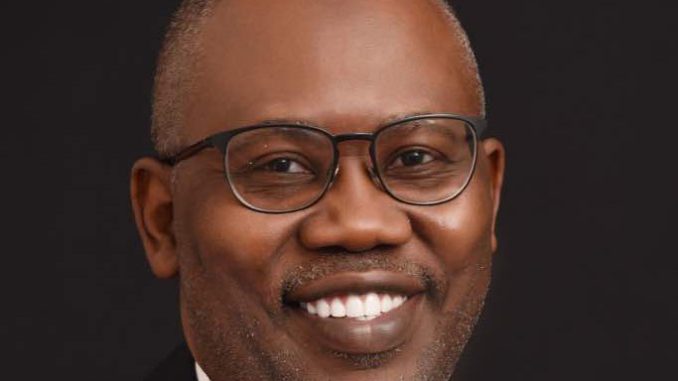
After his encounter with President Jonathan, “the President looked genuinely surprised and promptly withdrew his assent”, whereupon he directed the Attorney-General “to prepare a memorandum elucidating all the issues…. raised and why he would have to veto the bill.” The rest is history but an important constitutional question arises – can a president having assented to a law unilaterally withdraw his assent?
Thirdly, there is the issue of weaponisation of litigation against the public purse in judgment debts. It’s best to render this in Adoke’s own words: “Many of the claims were bogus but since it was an organized scam, they were getting away with it…. Again, there were too many people interested in judgment debts. We were getting calls from all manner of people, including members of the National Assembly. Actually, some National Assembly members were making appropriation for judgment debts based on an understanding with the debtors (sic). It was a conspiracy against the national treasury.” This does not require any translation but it would have been useful if Attorney-General Adoke could tell who “they” were.
At a time when they are being abused to intimidate and persecute critics of government, Adoke, fourthly, offers insights into the context and justifications for the Terrorism Prevention Act (TPA) and Cybercrimes Act, both adopted under his watch as Attorney-General. In addition to the clear and present threat of Boko Haram, the rationale for the former was the need to implement the treaty framework of international co-operation on terrorism to which Nigeria had subscribed. Concerning the latter, the goal was to “ensure the protection of critical national information infrastructure and to promote cybersecurity… intellectual property and privacy rights.” Today, sadly, these laws have been turned into instruments for pursuit of regime opponents, more imagined than real. Fifth, there is the matter of plea bargains in white collar crimes involving politically exposed persons (PEPs) in Nigeria.
About this, Adoke tells the story of the presidential pardon granted former Bayelsa State Governor, Diprieye Alamieyeseigha. According to him, Alamieyeseigha’s conviction was under a plea bargain and “as part of the plea bargain he was to be granted presidential pardon by (President Umaru) Yar’Adua after his release from jail. This, however, did not materialize as President Yar’Adua fell ill and died.” Plea bargains are subject to approval by courts and it’s doubtful whether this part of the deal was disclosed to any court. It certainly wasn’t disclosed to Nigerians.
As Attorney-General of the Federation, Adoke was also the official leader of the legal profession. His memoir offers an unusual insight into how he views hierarchies at the Bar. To make this point, he tells the story of how, before his time, “a substantial part of the budgetary allocation made for solicitors’ fees was being paid out only to two or three private solicitors. There was a case of a former Attorney-General that was paying a Senior Advocate N50 million for each case….” The result was there was insufficient money to go round, so many of the cases against government went un-defended, leading to more judgment debts. So, how did Adoke address this? He decided that “no SAN would be paid more than N5 million for a brief; any other lawyer, who was not a SAN, would receive a maximum of N2 million.”
In the un-complicated calculus of Attorney-General Adoke, a SAN is worth 250% of the non-SAN! Burden of Service is replete with claims of moral high ground and completeness of disclosure. As with all memoirs, however, it’s up to the reader to determine what weight to accord to the author’s account. In telling the story of the removal of Ayo Salami as the President of the Court of Appeal, for instance, Adoke prefaces his narration with the implicit disclaimer that “the Attorney-General is not a member of the National Judicial Council (NJC)”, who recommended the retirement of Salami. He then proceeds to a pro-forma narration that is half-hearted to the point of being clearly disingenuous. By Adoke’s own admission, Chief Justice Katsina-Alu, who was the other party in this terminal dog-fight with Salami, was his “mentor and adopted father” and benefactor, who personally recommended him to President Jonathan for the position of Attorney-General. Salami for his part “had personally encouraged” Adoke to apply for SAN. In the sub-text, Chief Justice Katsina-Alu was family to Adoke and it is difficult to escape the conclusion that in this part of the book, at least, he was less than economical with the truth.
Concluded .
Odinkalu, co-convenor of Nigeria Mourns, works with the Open Society Foundations.
END

Be the first to comment